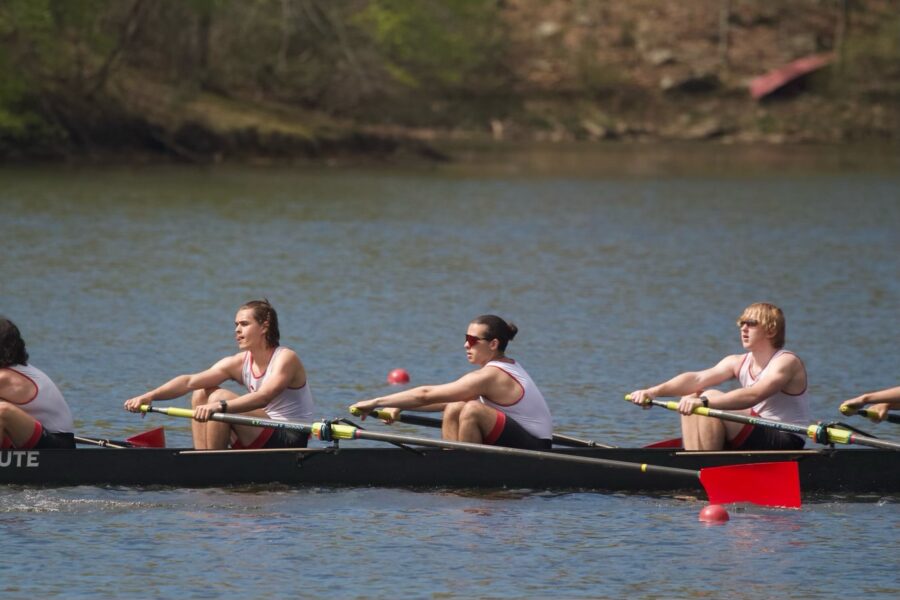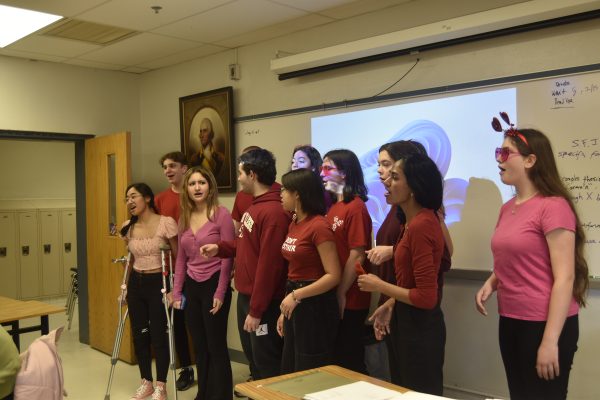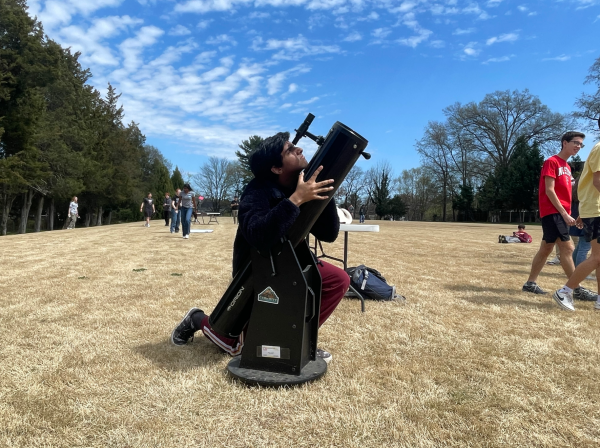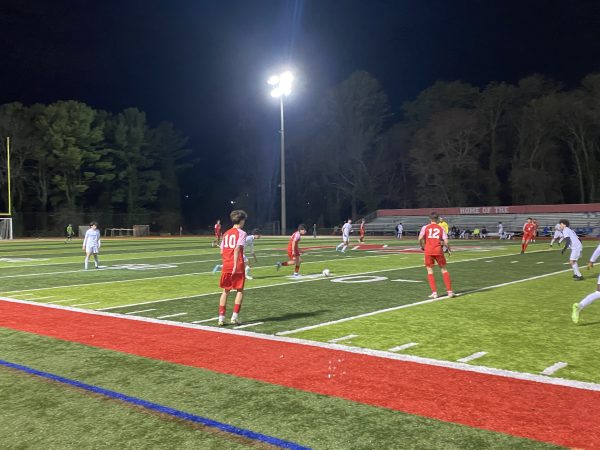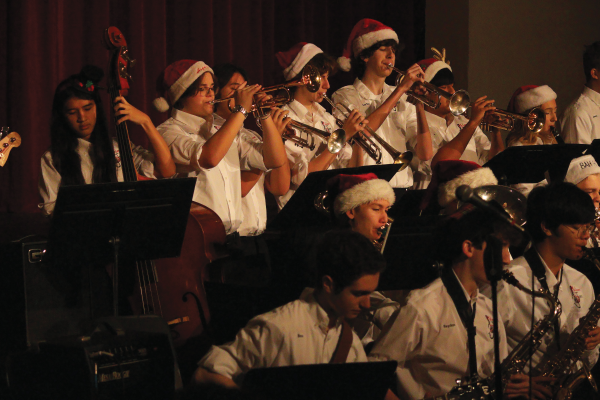Students athletes manage competing and fasting throughout holy month
Muslim students navigate spring sports during Ramadan
Courtesy of Zaid Abughazaleh
Zaid Abughazaleh, a member of the McLean Crew team, rows while fasting for Ramadan.
Ramadan is an Islamic holy month, where those who practice it pray, reflect on the Quran and fast from dawn to sunset. Ramadan began on the evening of March 22 and will end this Thursday evening, April 20 with Eid al-Fitr, a celebration that marks the end of a month of fasting. During this month, Muslims do not drink water or eat, not nourishing themselves until the evening prayer as an act of worship and devotion to Allah.
This can be a challenging time for Muslims all around the world, but athletes who are fasting can face their own unique set of challenges. Food and water are typically necessary for both energy and hydration, and working out without them can be extremely difficult and even dangerous for some.
“Especially in the summer, you need water to stay hydrated, especially with running,” said McLean cross country and track athlete Omar Massoud. “Running without drinking some water can lead to a lot of injuries, and without eating, you’re not going to have any energy.”
However, practicing athletes persevere, finding ways to participate in their sport while fasting. Some find work-arounds.
“Sometimes, I don’t [work out] with the team,” Massoud said. “When I know that today’s workout is going to be hard, I just do it by myself after the sunset.”
Nevertheless, Massoud admits that this can be a little isolating, as it separates him from his teammates and defeats the purpose of their group exercises.
“Working out with a team is going to be different than working out by yourself, or having somebody to work out with you,” Massoud said. “Sometimes we have speed workouts where you need to run next to somebody so you can push each other. So when I do this on the track at night, nobody is there except me. It’s kind of boring.”
Others continue to work out during the day.
“It doesn’t really affect what we do that much,” said sophomore and McLean rower Zaid Abughazaleh. “The [coaches] keep an eye on me and there’s another guy on the team who fasts as well. We’re always under a little more supervision so we don’t get ourselves injured, but for the most part, it works out.”
Abughazaleh does keep a water bottle with him just in case he ever needs to use it. Although he has not had to yet, it is an important safety measure. He also makes some changes in his daily routine during Ramadan.
“I make sure I get to bed pretty early, and I drink a lot of water when I can,” Abughazaleh said. “I usually set an alarm around like three or four in the morning and I get a drink. I eat a little and then I go back to bed a little. It helps me not feel so tired throughout the day.”
These actions have made a world of a difference for Abughazaleh who had a rough time going to practice last year in the month of Ramadan.
“For the first year I ended up fasting and doing a sport, I was really tired. My headaches were really bad,” Abughazaleh said.
Yet, he has had to break his fast for his personal health, which Islam allows.
“A few weeks ago, I felt sick and I broke my fast pretty quickly just to make sure I could recover,” Abughazaleh said. “If I didn’t have to do sports I could usually [still] fast throughout the day, but with the added activities I need to make sure I’m staying as safe as possible and avoiding injury and putting myself in as little risk as possible.”
Practice is one thing, but when it comes to competitions where athletes are out in the hot sun all day, putting on their best performances and staying out a lot longer than usual so others can perform as well, eating or drinking can become virtually unavoidable.
“I actually eat at some of the meets. Not all of them, but sometimes when I know I’m gonna run a long distance. For example, in the mile or two mile races I actually have to eat,” Massoud said.
Fasting while partaking in a sport does pose some obstacles; however, it is far from impossible. Many athletes still continue to participate to the best of their ability.
“This month didn’t make any difference,” Massoud said. “If you want to manage it, you can still manage it easily. I can work out on my own, there are always ways around it.”
Your donation supports the McLean High School's independent, award-winning news publication.



